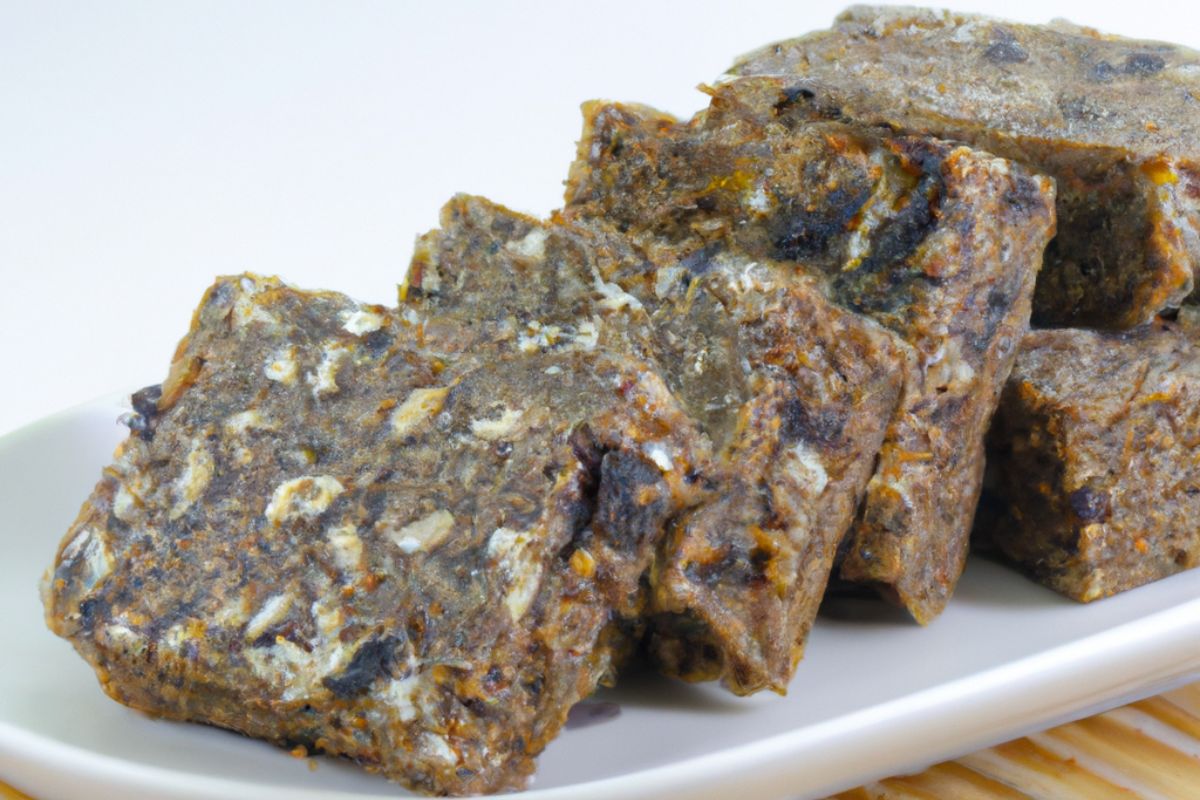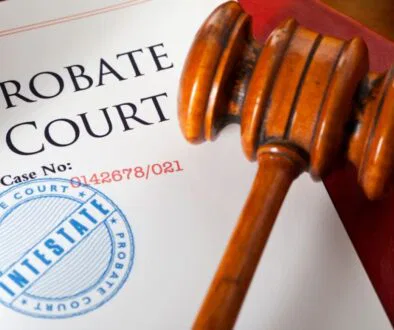The Loaf: Prison’s Most Hated Food

Published January 23rd, 2024
It’s common knowledge that prison meal is a sorry excuse for what we call “food.” Yet, if you misbehave, it can even get worse.
The stuff of legends and lawsuits, Nutraloaf, more commonly known as “the loaf,” has become the prison’s most hated food. According to one inmate, it’s a bland, dry lump of grue, “basically a baked slop.” Prisoners who get caught misbehaving often end up on a prison loaf diet.
Depending on the gravity of their offense, this punitive meal plan can last from three days to a whole week. One inmate in Florida even had it for five weeks straight.
WHAT IS PRISON LOAF MADE OF?
Prison loaf recipes can vary for each state. But a common theme is that it’s a strange and unpalatable mishmash of ingredients.
In Delaware, pineapple slices are added to a mixture of tomato puree, spinach, milk, cheese sauce, oatmeal, rice, carrots, and wheat bread. This concoction results in a crumbly, earthy lump that is barely edible. Maryland’s Prisons have the same recipe, save for the pineapples. They use seedless raisins and great northern beans instead. On the other hand, Nutraloaf in North Carolina contains many more beans than its counterparts.
In some states, they serve these loaves over brown paper and nothing else. Forks, spoons, and other utensils are banned, so the inmate has to eat them with their bare hands. Other states, however, pair it with cabbage strips and a glass of water – probably to help it go down when the inmate feels like barfing.
Because of the negative sentiments surrounding its taste, prison officers tried several ways to improve the loaf. Nutritionists even made the recipe lighter by adding more flour and margarine. Though it’s a boost from the previous versions, it certainly has a long way to go to even be remotely satisfying.
A CRUEL AND UNUSUAL PUNISHMENT
Punishing people through food has been a practice for centuries. Throughout history, starvation was often used as a tool to inflict suffering on prisoners.
In the modern-day United States, prisoner starvation comes in the form of Nutraloaf. To the prison officials, they are known as “disciplinary meal,” “special management meal,” or the “alternative meal plan.” As suggested by these names, it is mainly used to control inmate behavior.
(Related: What’s on the Menu in Jail?)
Prisons often serve the loaf as a last resort for inmates who are in solitary confinement. These inmates’ infractions range from disobeying a prison officer to assaulting a fellow prisoner. Nutritionists and prison officers swear its nutritional value is at par with the law’s requirements. Some outsiders who tried a homemade version of the prison loaf said it’s not that bad.
But you’ll lose your appetite when it’s all you must eat for seven days. Inmates subjected to the prison loaf diet lose significant weight afterward. Sometimes, it affects their health so severely that critics can’t help but call it a cruel and unusual punishment.
BANNING THE PRISON LOAF
Several lawsuits have arisen on the constitutionality of feeding prison loaf to inmates. Human rights organizations argued that it violates the Eighth Amendment, which prohibits the inflicting of cruel and unusual punishments to prisoners.
Twenty-two cases have been brought against it since 2012 alone. They based their appeal on a 1978 ruling. In it, the US Supreme Court declared that the “grue” diet used in Arkansas prisons is unconstitutional. It describes grue as a “substance created by mashing meat, potatoes, margarine, syrup, vegetables, eggs, and seasoning into a paste and baking the mixture into a pan” – which sounds like prison loaf.
So far, none of the lawsuits have successfully claimed compensation for inmates who went through the Nutraloaf diet. The courts ruled that denying food to inmates is unconstitutional. But since prison loaf generally adheres to standard nutritional requirements, it can only be a “dietary adjustment” rather than a denial of proper meals.
Even though they were a legal failure, there is one positive thing that these lawsuits brought about. Prisons are now squeamish about serving prison loaf as punishment. New York has banned the use of Nutraloaf statewide since December 2015.
The prison loaf diet is also slowly fading in most state prisons nationwide. In Pennsylvania, they replaced the loaf with bagged meals. In 2016, the state of Maryland also recalled a directive allowing the use of Nutraloaf in its prisons. It added that the controversial loaf is now only used sparingly within the state. Pennsylvania also banned the use of the said loaf in that same year.
There is no exact statistic of how many prisons are still using Nutraloaf. However, a nonprofit Human Rights Defense Center reported in 2016 that at least a dozen state prisons are still using it as a punishment. This includes facilities in Delaware, Virginia, and Texas.

ADVERTISEMENT
FOOD AS PUNISHMENT IN 2024
There are still reports of some states in the United States using nutraloaf as a form of punishment in prisons, although its use is controversial. Here is an overview:
- California: While California’s state prisons do not use nutraloaf, some county jails in the state, including those in Los Angeles, reportedly still utilize it as a disciplinary measure.
- Florida: The Florida Department of Corrections has been reported to continue using nutraloaf in its prisons despite bans in other states.
It’s worth noting that the use of nutraloaf as a punishment may vary across prison facilities within each state, and there might be other states where its use is not explicitly mentioned but can still be found in many prison facilities.
The use of nutraloaf as a punishment remains a topic of debate, with concerns about its taste, nutritional value, and potential violation of human rights. Some argue that its use as a disciplinary measure is inhumane, while others assert that it is a deterrent for disruptive behavior.
Ease Your Loved One’s Suffering in Prison
Aside from bad food, prisoners in the US also suffer from expensive prison call rates. This makes it hard for them to talk to family and friends outside as much as they want.
Fortunately, there’s GlobalTel. Our special jail phone number lets you receive cheap jail calls from an inmate in the US wherever you are in the world. At only $45.99, you can enjoy 90 days of jail calls at local rates. We also offer jail mail postcards for only $0.52.
Reduce Your Jail Call Costs By Up To 90% Per Minute With GlobalTel
GlobalTel’s inmate calling service lowers jail call per minute rates by up to 90% for jail calls from US facilities. Sign up now and use the special jail call phone number we create for you to eliminate the long distance jail call fees. Try GlobalTel for only $45.99 for 90 days. Make US/domestic and international jail calls at the local rate and stay connected to your incarcerated loved ones for less. Learn more about how to sign up for calls from inmates here.

This Content Is Fact Checked
Our esteemed team of specialists has thoroughly validated the accuracy of this information. Discover further details about the rigorous editorial guidelines for our website here.
ADVERTISEMENT

About The Author
Judy Ponio is a professional writer for the GlobalTel blog. She works hard to ensure her work contains accurate facts by cross checking reputable sources and doesn’t settle for less. Her passion for telling stories about true crime and criminal justice has allowed her to create hundreds of articles that have benefited millions of people.




